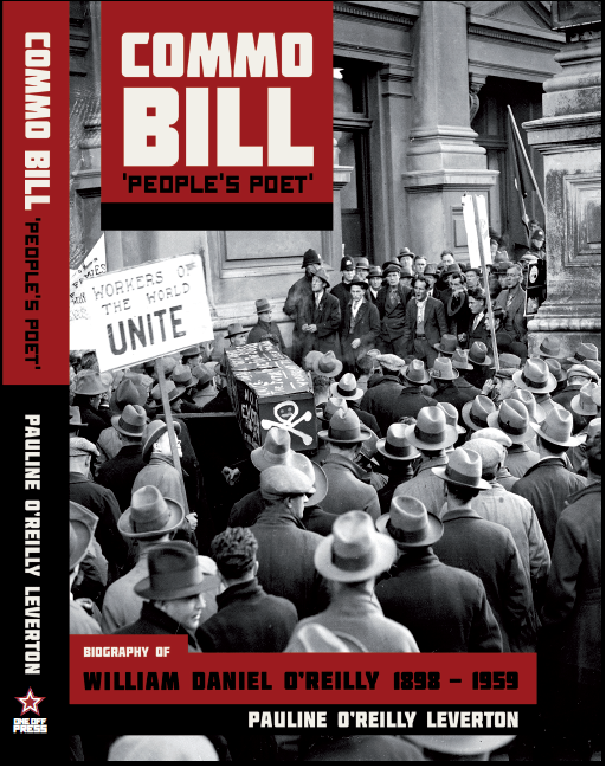Since ancient times, homosexuality has been documented amongst humans. Despite this, there is considerable debate, even amongst Marxists, as to whether homosexuality is a lifestyle choice or the product of genetics or a combination of both. While many Marxist groups have come out in favour of supporting gay rights, Stalinists condemned homosexuality for decades as a bourgeoisie perversion and in most countries where the Stalinists seized power homosexuality was banned.
Theory
“Obstacles cannot crush me. Every obstacle yields to stern resolve. He who is fixed to a star does not change his mind.” (Leonardo da Vinci, 1452-1519)
Another variation on the demand to “tax the rich” is the call for a tax on financial transactions, otherwise known as a “Financial Transactions Tax” (FTT), “Tobin Tax” (after the Nobel economics laureate, James Tobin, who first proposed the idea in 1972), or “Robin Hood Tax” (i.e. taking from the rich and giving to the poor).
The present economic crisis has been described in various ways by mainstream commentators. All manner of “solutions” have been posed, both by the bourgeois politicians and economists, and by the reformist leaderships of the working class. What these commentators and representatives cannot admit is that this crisis will not be solved by this or that reform. Society is living through a crisis of capitalism and the choice facing mankind is simple: socialism or barbarism.

Commo Bill
‘The Peoples Poet’
Author Pauline O’Reilly Leverton
ISBN 978-0-473-16854-4
William Daniel O’Reilly member of the Communist Party of New Zealand (CPNZ) 1929-‘59, militant member and official of the National Unemployed Worker’s Movement (NUWM)is the subject of this meticulous biography undertaken over a ten year period by his daughter Pauline Leverton.
Material for this section coming soon.
See the theory at http://www.marxist.com/history-and-theory/.
Sixty years ago, on 14th February 1951, the New Zealand Waterside Workers Union implemented an overtime ban in support of their wage claim against the cartel of British shipping companies who controlled the most of New Zealand's wharves.
 An overtime ban was considered the most appropriate form of industrial action because, although in theory the basic working week was forty hours, in practice the men typically worked sixty to eighty hours a week just to earn a living wage. The shipping companies immediately responded by putting all the men on a two-day penalty for collectively refusing overtime. They were arguably entitled to do under the government regulations at the time. On 19th February, the shipping companies went further: they posted notices insisting that each individual worker agree in advance to accept whatever hours of work were offered for a day, in advance of the worker being engaged for the day. As overtime was not usually announced until several hours into the working day, this meant workers would have to accept in advance to work for a day whose hours were not known. This explicitly contravened the same government regulations. The workers refused to comply with this new unilaterally-declared condition and rightly considered themselves to have been locked out. That is why this article is about the waterside lockout, not the waterside strike.
An overtime ban was considered the most appropriate form of industrial action because, although in theory the basic working week was forty hours, in practice the men typically worked sixty to eighty hours a week just to earn a living wage. The shipping companies immediately responded by putting all the men on a two-day penalty for collectively refusing overtime. They were arguably entitled to do under the government regulations at the time. On 19th February, the shipping companies went further: they posted notices insisting that each individual worker agree in advance to accept whatever hours of work were offered for a day, in advance of the worker being engaged for the day. As overtime was not usually announced until several hours into the working day, this meant workers would have to accept in advance to work for a day whose hours were not known. This explicitly contravened the same government regulations. The workers refused to comply with this new unilaterally-declared condition and rightly considered themselves to have been locked out. That is why this article is about the waterside lockout, not the waterside strike.
The
Three Sources and Three Component Parts of Marxism
by V.I. Lenin

